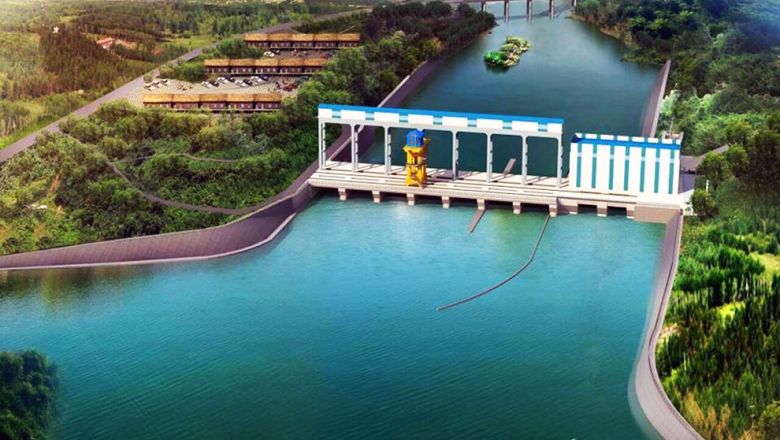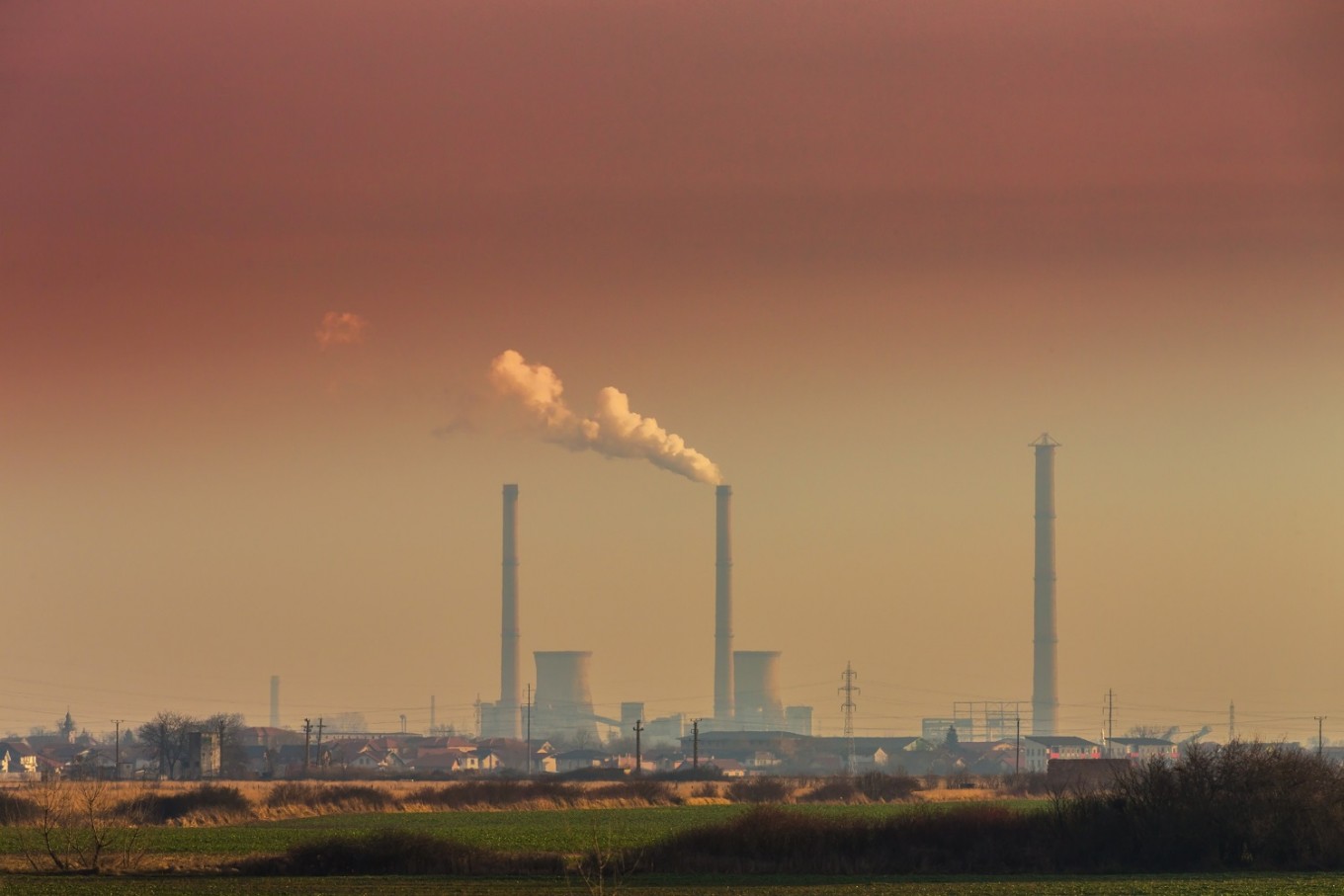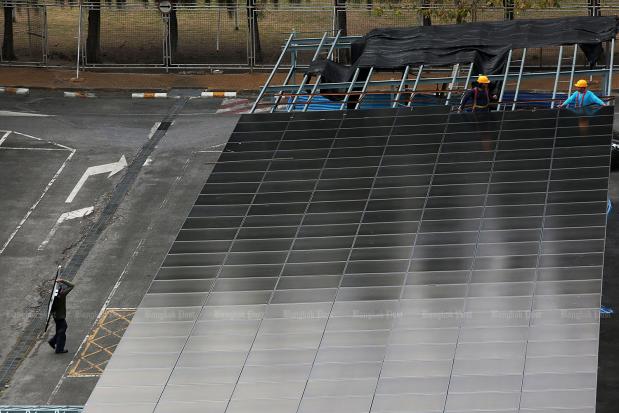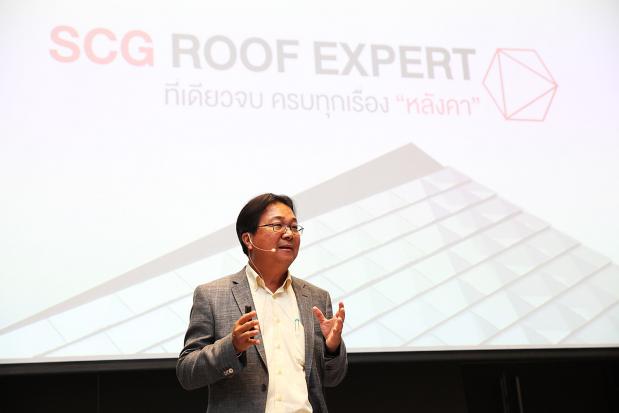The future of sustainable energy in Singapore is bright, according to experts who spoke at a recent forum on clean energy. As part of Singapore’s Smart Nation journey, the city-state has started to implement clean energy initiatives such as the SolarNova programme and is embarking on intensive research and development to increase the contribution of renewable energy to its energy mix.
Geneco, one of Singapore’s leading electricity retailers and an advocate of sustainability, partnered with the Sustainable Energy Association of Singapore (SEAS), a non-profit business association that represents the interests of companies in the sustainable energy sector, to host a sustainability forum on April 26, 2019.
The forum was targeted at carbon space experts, business owners and energy managers. The three-hour event saw external speakers sharing about how global climate action translates to direct cost impacts on businesses in Singapore, how companies can transit to a low-carbon business model, among other related topics.
One of the speakers, Mr Marc Allen, the technical director of management consultancy Engeco, touched on ways by which local businesses could weather the impact of climate change on their operations.
Mr Allen shared some case studies of how some companies had dealt with the uncertainties caused by climate changeand the necessary technology to manage decentralisation of the grid.
Another speaker, Mr Vinod Kesava, the co-founder and chief executive officer of the Climate Resources Exchange (CRX), tapped on his 20-years experience in the global carbon market to discuss the untapped potential of renewable energy and energy efficiency projects. He also shared CRX’s successes in the integration of renewable energy with environmental attributes from carbon credits and renewable energy certificates.
At one of the talks during the forum, “What companies should know about carbon credits and offsets”, Ms Pooja Bansal, a YTL-SV Carbon senior consultant specialising in energy and environment management, delved deeper into the carbon credits verification process and provided practical tips to identify credible carbon credits available in the market that can be used as carbon offsets.
The power expert
Geneco’s solid track record has made it a reliable name in the energy sector.
Its parent company YTL PowerSeraya has 48 years of experience in power generation and 18 consecutive years in the electricity retail business since 2001. Today, it is one of Singapore’s largest power generators, with a licensed generating capacity of 3,100MW.
Besides its experience and expertise, Geneco has a clear focus on innovation and cost-effectiveness. For example, its fully-digital customer journey strips away unnecessary costs, allowing it to offer some of the cheapest electricity plans in the highly competitive open electricity market.
Dedicated to making sustainable energy more accessible, Geneco offers businesses the option to purchase solar energy generated from solar photovoltaic systems which the company will build, own and operate.
It can additionally help businesses achieve their environmental sustainability goals by facilitating the purchase and retirement of market-based instruments, such as carbon credits and renewable energy certificates.
Beyond generating and selling electricity, Geneco’s status as an integrated energy expert allows it to share its knowledge to help businesses transit to a low-carbon business model.
Alongside its commitment to make sustainable energy more accessible to people and communities, Geneco’s active involvement in pushing forward related initiatives and discussions has continued to grow the company’s position in the sustainable energy sector, with good success.








